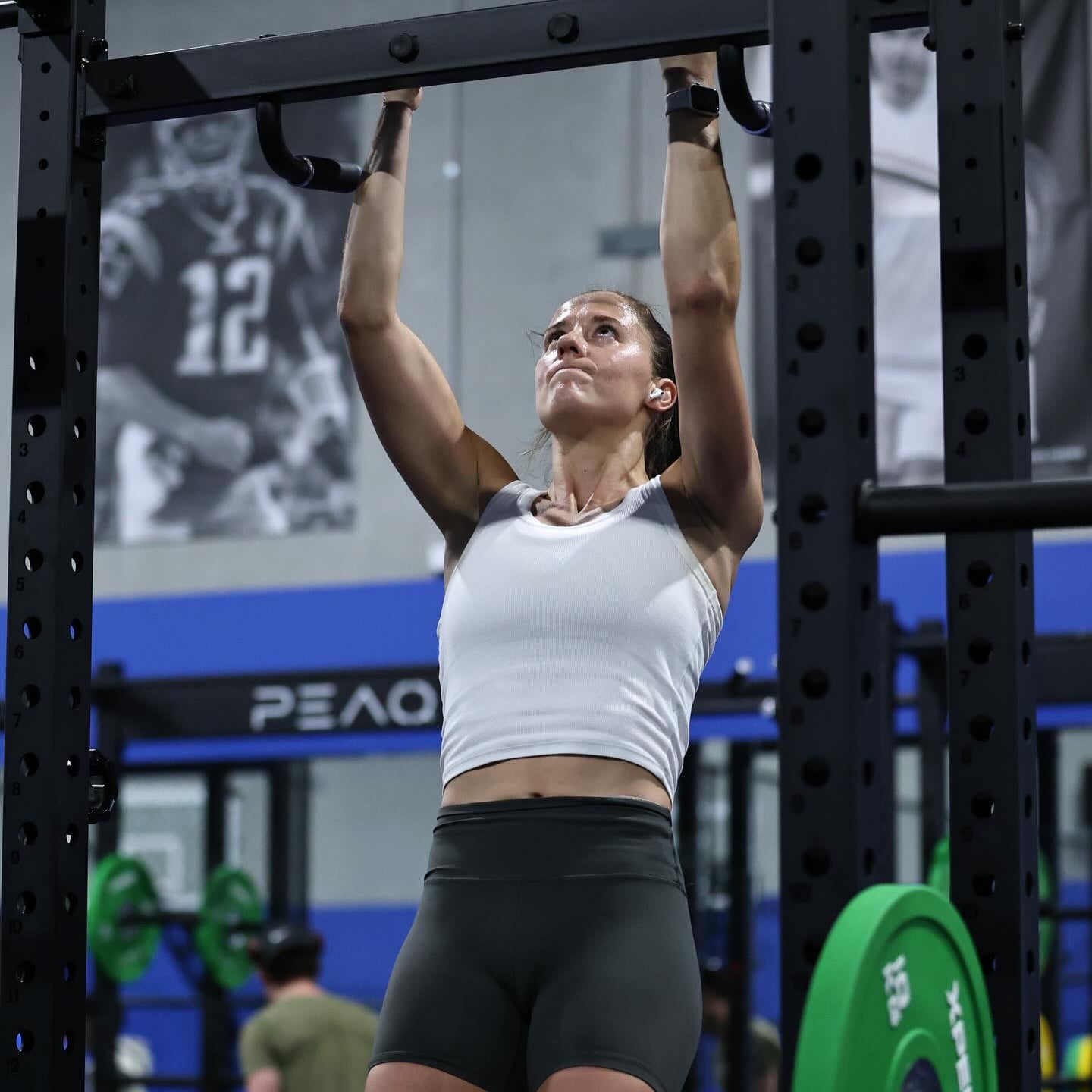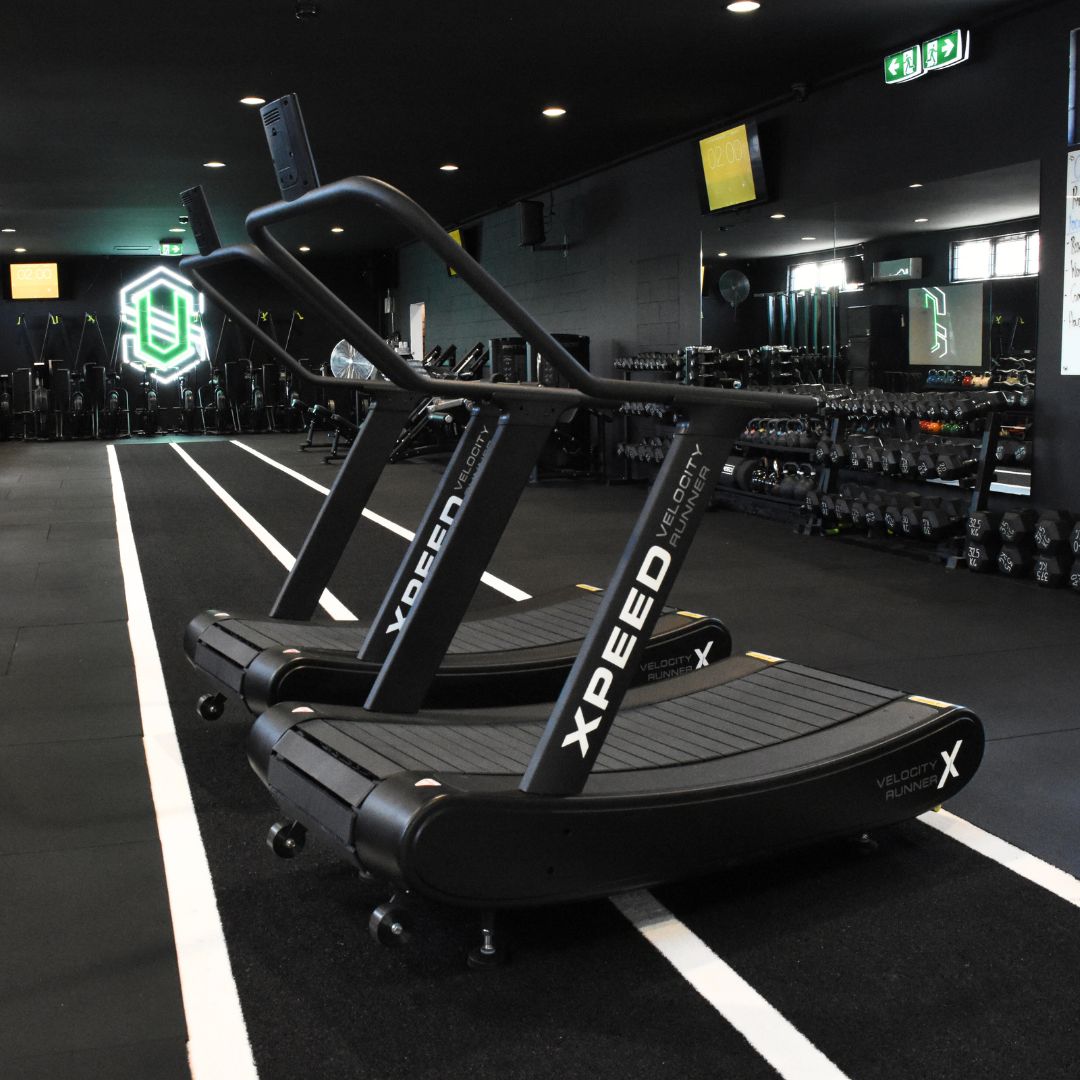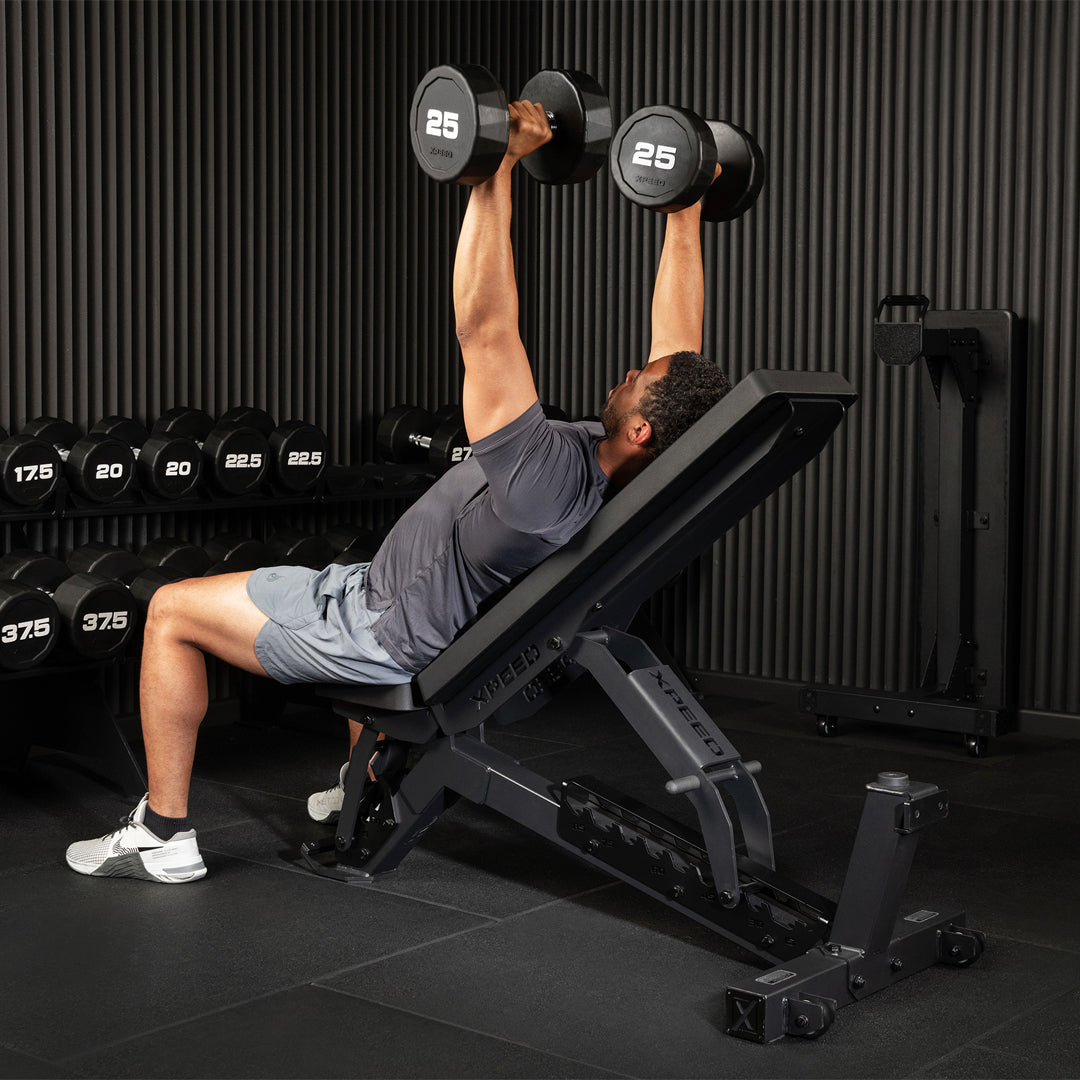Can stress make us more injury prone?
As more research emerges, we increasingly understand how your mindset can affect your movement. In the world of vicious cycles, your ability to move, or not move can also effect your mindset. Ever been injured for a long period of time? Then you’ll know what were talking about. The blog title itself suggests this could be a mind-field (see what we did there) of a topic and that’s exactly why we’re going to be asking a few questions to our colleague Steve Frasca from Mind In Movement Physiotherapy.
Steve, not that we want to give people more things to worry about but is it true that stress can make us more injury prone?
“This is a good question, and yes it can have an influence on injury risk. If we discuss the obvious, stress can have a negative impact on sleep, which in itself is a huge injury risk factor (Benham 2010). Sleep is one of the number one factors for improving tissue health and improving tissue healing times after/ during an injury, or even just for sore muscles after a workout. If you’re not getting enough sleep, you’re going to be reducing our body’s ability to heal the tissues that need it. A prime example of this is after a sports game, a good night sleep post match and you’re almost guaranteed to feel less sore than if you have a poor nights sleep (Ruuska et al 2012, Stults-Kolehmainen et al. 2014).

Stress can also lead to altered movement patterns. This may cause an individual to brace or tense up, and move in ways that are not natural to them. In doing so, this can increase the load through certain tissues, which can increase the risk of injury but also have an effect on symptoms when injured”.
Speaking of stress, does it change our relationship with pain?
“Stress definitely has an impact on our relationship with pain. Pain is not as simple as we once thought it was. It’s a complex mechanism within our body’s peripheral tissues and the central nervous system, in which a pain response is elicited as a response to a threatening stimulus. If we take putting your hand over a hot flame as an example, we have receptors in our peripheral tissue (i.e. the hand) feeding information up to the brain, eliciting the response of moving the hand so the tissue doesn’t get damaged. Now, stress can influence this response, as it has this excitatory reaction within the nervous system, which means that the stimulus may be the same (i.e. the heat from the flame), but the response picked up by the nervous system changes as it’s transmitted to the brain, and it will be heightened. This leads to a perceived increase in symptoms, even though the stimulus hasn’t changed (i.e. feeling the flame is hotter than it really is, leading to a more intense pain response).
Another example is when we’re feeling in a good/ happy mood, our general aches and pains are less. When we’re in a bad mood/ stressed, our aches and pains feel greater. Why? Because the stress and negative moodset has increased the sensitivity from the nervous system, hereby increasing symptoms. Feeling good and positive moodsets have the opposite effect, and can actually dampen these same signals, leading to a reduction in symptoms. Effectively a positive mood and feeling good can have a similar, if not greater effect on our symptoms than any pain relief tablet can!

The book ‘Explain Pain’ by the NOI Group is a great read for anyone wanting to learn more about this. Also the paper by Hainlin et al. 2017 summarises the differences between physiological ‘pain’ and reasons why we might still have symptoms even though the tissue has healed”.
How does a positive mindset affect a clients return from injury?
“I personally believe that being positive will always win over being negative. Both use energy, both require action – the difference is one will leave you feeling drained and helpless, and the other will leave you feeling uplifted and with a sense of purpose and hope. In rehab, we see people from the minor aches and pains to the severely injured. It doesn’t matter the severity of your symptoms, that sense of hope of getting better will be what makes people get better quicker, mostly due to their own inspiration to get back to what they love doing.
In a study by Ardern et al 2012, they found that autonomy (feeling in control of the decisions/ life), competence and relatedness (connection in a social context to the sport/community) were found to be related to returning to sport following an injury, and positive psychologiocal responses including motivation, confidence and low fear of re-injury were associated with a greater likelihood of returning to the preinjury level of participation and returning to sport quicker.
During an injury, it will often involve a period of rest or modified activities from the participant’s chosen sport or physical activity, which can sometimes lead to a negative mindset and negative experiences. That’s why it’s important to not only be positive and give them hope from within, but for the participant to have people and other parts in their life where they can get joy and have fun from, as this will allow them to keep being positive even through the negative experience”.
I’ve heard you refer to ‘mental gains’ from exercise and movement before, what do you mean by this?
“When we exercise, we’re not just working on our body’s tissues. It is our brain that is the centre of it all, it tells our muscles to go and also when to stop. We often hear the phrase “the mind will give up before the body”, and it’s so true. Studies have shown that upregulated arousal (i.e. being amped or fired up) has a positive effect on performance. Even by listening to music, it can lead to an increase in performance (Lane et al. 2001).
So the idea behind mental gains is that through exercising, we learn to improve our self-talk, mental strength and resilience. We also learn to improve character traits like discipline to keep training, and get through the hard stuff. The beauty with the human body is it can adapt to all of this, and we get better and better at it, and can tolerate more and more. The other bonus, is once you’re aware that you can do things you never thought you could, that mental process can then be transferred into other areas of your life. So if you’re wanting to be more disciplined at work, you can gain confidence from acknowledging you are disciplined with your workouts, you just need to channel that focus and self-talk into being disciplined at work.
The other thing about mental gains is moreso to do with self belief and confidence within what your body can do. By exercising, we often think we can’t do more than we can, it’s almost a default response. Through perseverance we then learn we can do more than we initially expected, some exercises may be easier than we first thought, and we learn what our tissues and our mind can tolerate. This then gives us confidence in knowing just how amazing our body is, and reinforces a positive relationship for you intrinsically, in that you learn to love your body and what it can do”.
About Steve: Steve Frasca graduated from Advanced Health Science (Human Movement) in 2013 where he craved learning more about the human body. Naturally Physiotherapy was the next step, and after graduating from the Masters (Graduate Entry) Program at the end of 2014, has been working in musculoskeletal physiotherapy ever since!
Mind In Movement practices out of PEAQ Performance in Port Adelaide, Aouth Australia.
References
- Ardern, CL Taylor, NF, Feller, JA & Webster, KE 2012, ‘a systematic review of the psychological factors associated with returning to sport following injury’, BJSM, Vol 0; pp 1-8
- Benham, G 2010, ‘Sleep – an important factor in Stress-Health Models’, Department of Psychology and Anthropology, Issue 26, pp 204-214
- Hainline, B, Turner, JA, Caneiro, JP, Stewart, M & Moseley, GL 2017, ‘Pain in elite athletes – neurophysiological, biomechanical and psychosocial considerations: a narrative review”, Br J Sports Med, Vol 51, pp 1259-1264
- Lane, AM Davis, PA & Davonport, TJ 2011, ‘Effects of Music Interventions on Emotional States and Running Performance’, Journal of Sports Science and Medicine, Volume 10, Issue 2, pp 400-407
- Ruuska, PS, Hautala, AJ Kiviniemi, AM Makikallio, TH & Tulppo, MP 2012, ‘Self-rated mental stress and exercise training response in health subjects’, Frontiers in Physiology – Clinical and Translational Physiology, Vol 3, Issue 51, pp 1-7
- Stults-Kolehmainen, MA Batholomew, JB & Sinha, R 2014, ‘Chronic Psychological Stress Impairs Recovery of Muscular Function and Somatic Sensations over a 96-hour period’, Journal of Strength and Conditioning Research, Vol 28, Issue 7, pp 2007-2017















